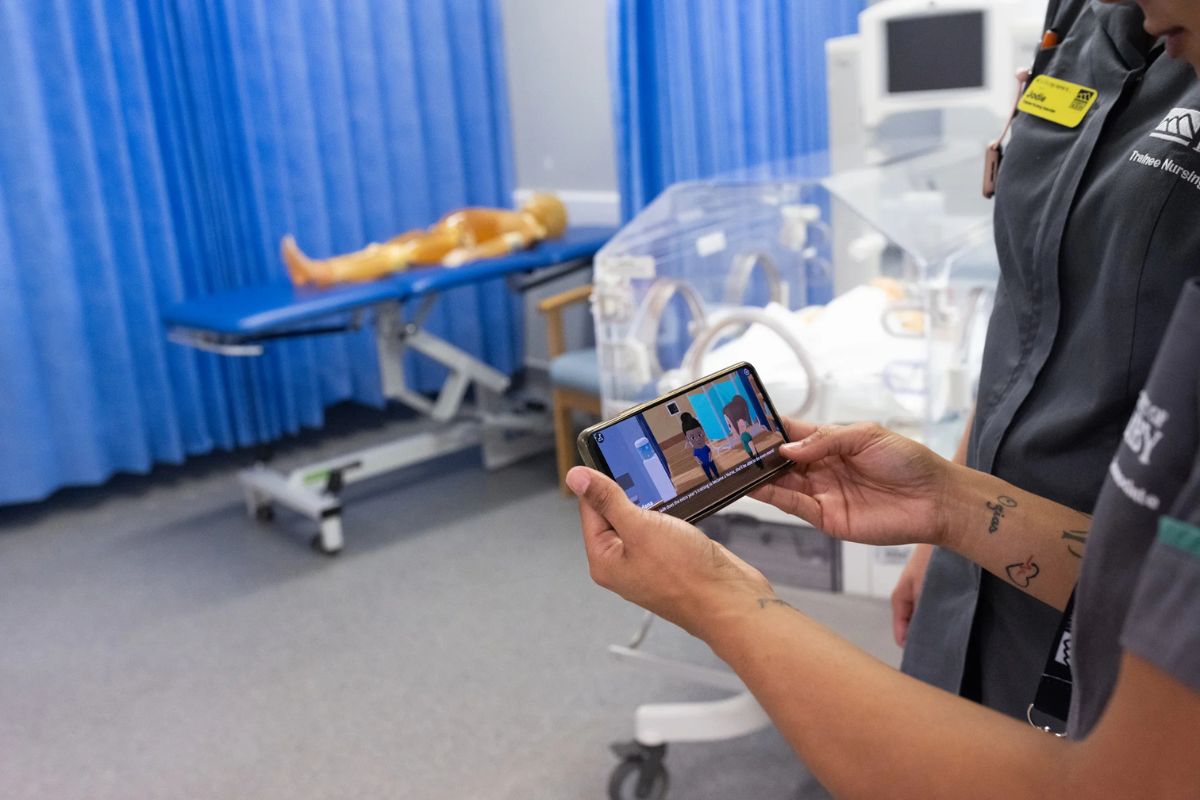Pioneering IT & cybersecurity training helps get young people ‘back on track’

A pioneering Cyber Training Course was brought to as close as the course attendees were awarded their Completion certificates.
The young people, who had been involved in the Offender Management Programme in the West Midlands, had been given a unique opportunity to gain the skills needed for exciting careers in IT and cybersecurity.
The West Midlands Regional Cyber Crime Unit, the charity The CyberHub Trust and cyber experts, The BIT Group developed a pioneering IT & cybersecurity training course for the 16-19 year olds, to help them get their lives back on track.
The course was delivered by the BIT Group, both virtually and at the CyberHub (in the Birmingham Metropolitan College – Matthew Bouton campus), teaching both technical and employability skills. The young people also received mentorship and support from the RCCU team, to help guide them onto positive pathways and into rewarding careers. In addition, participants on the course received support, advice and guidance from elite sports personalities via the Phoenix Media and Sport Group. Headed up by Carly Barnes-Short and former footballer Brian Deane, students were supported to develop personal skills and deal with successes and setbacks.
CEO of The CyberHub Trust, Michael Klonowski, says:
“Working with this group of young people is exactly what the CyberHub Trust is passionate about doing. We want to help those deemed to be ‘at risk’ and who need support to access training and employment – while also securing a pipeline of talent and skills in cyber and digital.
“We are extremely grateful to have the support of our partners the RCCU, BIT Group, PSM and BMET College, for whom this is also priority. By coming together in this way to deliver training and offer support, the positive impact on people’s lives will be significant.
“Based in FE Colleges and Institutes of Technology around the country, our CyberHubs provide a safe, secure training space, equipped with industry-standard facilities. This gives students the opportunity to learn, develop and practise skills in a ‘real world’ environment.
“So many career opportunities are available in these expanding sectors and we want to ensure that everyone, from all backgrounds, get the chance to access them.”
Adrian Bacon, from the West Midlands Cyber Crime Unit, adds:
“We are focused on helping young people to turn their lives around – and to do this, we need to ensure that they have the opportunity to gain relevant skills, experience and knowledge.
“This initiative did just that. Crucially it focused on softer employability skills as well as the technical cyber and IT skills – for example, understanding how to present yourself in a workplace and using social media sensibly.
“Funding from the Home Office made this possible, I have no doubt that the young people who participated will benefit immensely and go on to have exciting careers.”
Jan Myatt from BMET said:
“As a college, we recognise the importance of ensuring people from all backgrounds and all abilities can access high quality training.
“The cyber and digital industries are facing a huge skills shortage, which needs to be addressed if the UK economy is to continue to grow. We are pleased to be playing such a key role in this and this is another example of the value our CyberHub is having for our local community.”
Ben Franklin, from the BIT Group:
“We have been working with the CyberHub Trust for over three years and we share a passion for providing training, qualifications, and `real world’ experience – to students and individuals who show an interest in developing careers in cybersecurity and technology.
“This pilot Training course was designed to focus on what the NCA refer to as `at risk’ individuals, people who may have been caught-up in situations that are not always of their own making, but who show initiative and drive to improve their lives and become productive members of society.
“Working with the PSM Group allowed us to introduce elite sports stars and other aspirational individuals, who were able to share their own stories and provide critical `soft skills’, which the young people have often never been taught, or even exposed-to in their lives.”
The training course was a pilot project, funded by the Home Office via the West Midlands RCCU and formally completed on Monday 19th June.











Responses